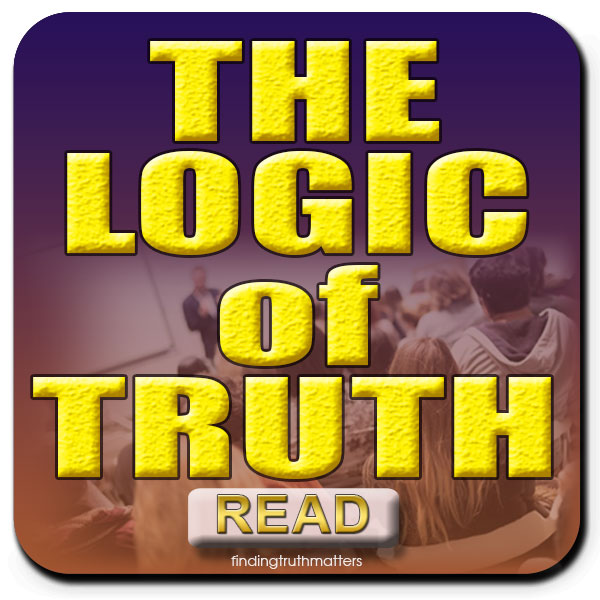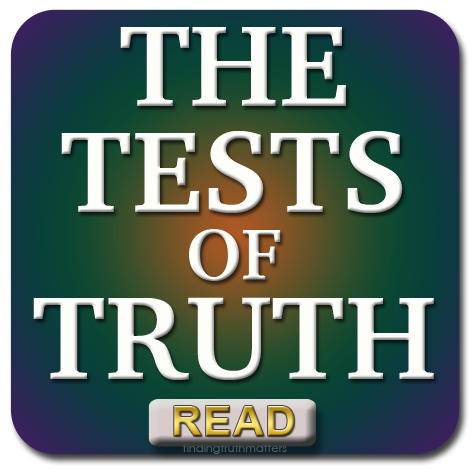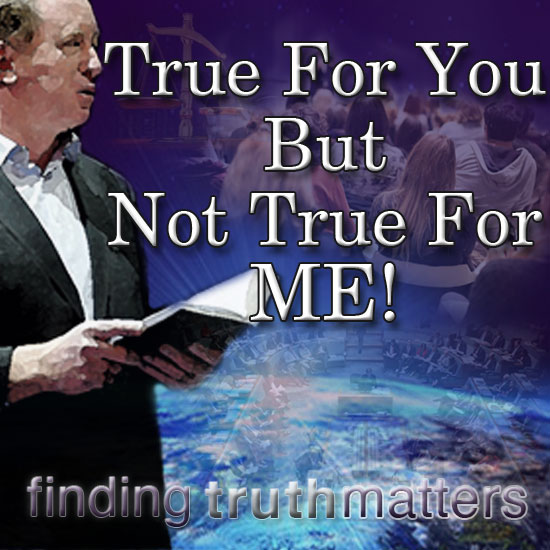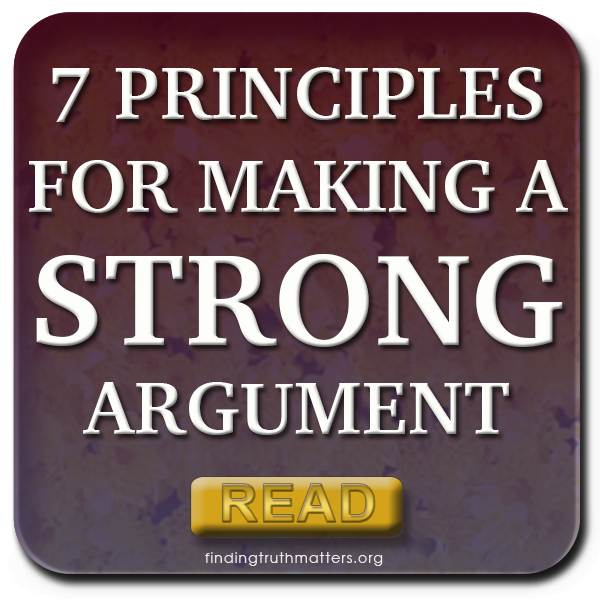
by Dr. Andrew Corbett | May 1, 2019 | Philosophy
If the New York Times is right, there is a lot of public support given to paperback authors who attack Christianity at the moment. In recent times they have ranked several books in their Best Sellers List which have made almost shrill allegations against Christianity. One of these “NY Times Listed Best Selling Books” was brought to me by a member of our local community who is investigating his spiritual options. He asked me if I would give him a “Christian response” to it. This particular book, THE NEW REVELATIONS – A Conversation with God, presents itself as a reasoned and rational approach to understanding God and our relationship to Him and then to each other. It claims to be a direct “revelation” from “God”. From all reports this book has made a significant impact on the way millions of people regard God and how we should live. For those familiar with the Bible it shouldn’t take long to recognise that the message of this book could not be either a revelation from God or even about God. But for those not familiar with the Bible, but familiar with the principles of logic, they too should be able to detect that this book has no credibility to what it claims.

by Dr. Andrew Corbett | Jul 10, 2018 | Philosophy
In her book, Total Truth, Nancy Pearcey tells a typical story occurring among many of today’s Christians. She writes about a young lady who got saved in a contemporary church and continued on with her education then career.
Although she was sincere about her conversion, she found herself living in three worlds. On Sundays she was in the Christian-world. On Mondays she was in her university science class world. On Sundays she would hear all kinds of helpful messages (and occasionally something from the Bible). But on Mondays she would move into her other world where things of the Bible are not only denied- they are ridiculed. Somehow she was able to live in her Christian world on Sundays by telling herself that what she knew to be true from her Monday science world was a different kind of truth from what she was now hearing. Therefore, when she entered her third world she saw no dilemma. That’s why she saw no problem in taking a job as a technician in an Abortion Clinic. She had done what many Christians are now doing. She had compartmentalised truth into different worldviews…

by Dr. Andrew Corbett | Mar 29, 2018 | Philosophy
Have you ever heard someone say, “That may be true for you but it’s not true for me!” It’s the kind of sentiment which might be appropriately limited to our experiences and our emotional responses to them, but it can not be true about those issues which effect us all, known as universals. These include what we consider to be morally right or wrong, whether a fact is true or false, or whether we should regard something as either good or bad. For example, one of the universal laws that is not subject to personal opinion is gravity. Someone may disagree with it, but their disagreement doesn’t change its reality.
The kind of judgment needed to distinguish right from wrong, true from false, or good from bad, must allow for those things which are universal and thus common to all. This kind of truth, what Francis Schaeffer called ‘true truth’ is also not subject to context, circumstances, popularity, or fashion (Beckworth & Koukl 1998, 20). Neither is it restricted to a time or place. Thus, what can be known as true has generally been acknowledged as such down through the ages by various peoples located in different parts of the world. Philosophers refer to this kind of truth as…

by Dr. Andrew Corbett | Feb 6, 2018 | Philosophy
Have you even heard someone say, “That may be true for you but it’s not true for me!” It’s the kind of sentiment which might be appropriately limited to our experiences and our emotional responses to them, but it can not be true about those issues which effect us all, known as universals. These include what we consider to be morally right or wrong, whether a fact is true or false, or whether we should regard something as either good or bad. For example, one of the universal laws that is not subject to personal opinion is gravity. Someone may disagree with it, but their disagreement doesn’t change its reality.
The kind of judgment needed to distinguish right from wrong, true from false, or good from bad, must allow for those things which are universal and thus common to all. This kind of truth, what Francis Schaeffer called ‘true truth’ is also not subject to context, circumstances, popularity, or fashion (Beckworth & Koukl 1998, 20). Neither is it restricted to a time or place. Thus, what can be known as true has generally been acknowledged as such down through the ages by various peoples located in different parts of the world. Philosophers refer to this kind of truth as objective truth.

by Dr. Andrew Corbett | Jan 6, 2018 | Philosophy
What makes for a strong argument? By ‘argument’, we don’t mean quarrel or fight, we mean case. Perhaps a court room context is a better way to think of making an argument or case. It becomes very important during election campaigns and public debates to be able to distinguish a strong argument from a weak one. Of course, issues of public debate don’t always involve matters of Public Policy. Strong or weak arguments also happen when people discuss matters matters of history, parenting, religion, or the arts. Here’s some things which might help you to distinguish a strong argument from a weak one.





